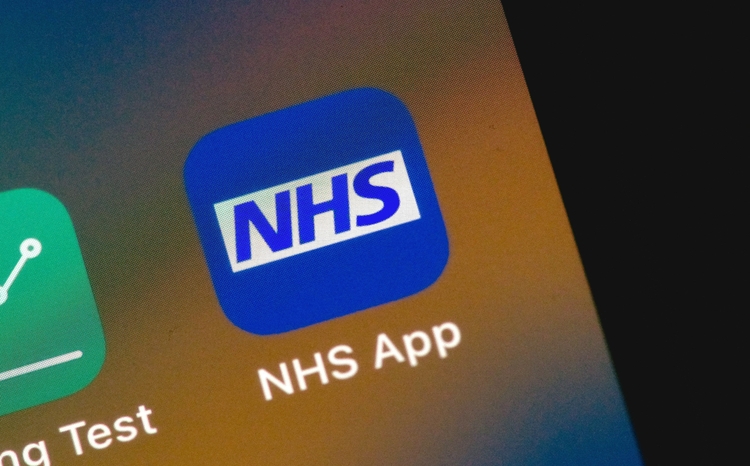Babylon looks to sell UK business amid bankruptcy fears
- 9 August 2023

Babylon Health is looking to sell its UK business, including its 100,000 patient NHS GP practice, and may fall into administration, the company has announced.
Following the story back in May that shares in Babylon fell sharply on news that the company was being taken private as part of a new debt plan, the firm announced this week that a $34.5m attempt to restructure and return to private ownership fell through.
Babylon GP at Hand, an online-first GP practice with over 100,000 registered NHS patients around London, is the firm’s main remaining NHS service.
The company revealed that it is now “exploring strategic alternatives in order to find the best outcome for its UK business”, which includes the possibility of selling off the UK business. According to HSJ, senior figures in Babylon are confident that its UK business, including the entities that deliver NHS services, will not close.
Last month, the company was delisted from the New York Stock Exchange and has since announced that London-based investment firm AlbaCore Capital are taking over its assets without shareholders’ approval, and that it was calling administrators in the UK.
Babylon said in a statement that it “cannot provide assurance that it will be able to secure sufficient liquidity to fund the operations of the Group’s business”.
“To the extent that Babylon is unable to secure additional funding and complete a Third Party Sale of a particular business, the applicable entities of the Group will file for bankruptcy protection or implement other alternatives for an orderly wind down and liquidation or dissolution,” the firm added.
Babylon Health is a UK AI firm that was promoted as the future of the NHS by the then health secretary Matt Hancock. Founded in 2013 by former UK Iranian banker Ali Parsa, the company claimed its AI could revolutionise healthcare through virtual appointments and diagnostic chatbots such as its GP at Hand.
Despite Babylon winning a number of NHS contracts, thanks in part to Hancock’s promotion of GP at Hand in 2018, experts continuously warned the technology was unproven and overhyped.
The company now faces collapse after losing almost the entirety of its $4.2 billion valuation.





3 Comments
A sad end to a worthwhile ambition. Hats off to Ali Parsa for trying but it was always a triumph of hype over substance, and if you cant make the economics of individual user-management work scaling only accelerates the decline. And the flip-flopping of company strategic direction suggests this end result has been on the cards for a while.
GP practices were private organisations & could be bought & sold before the NHS came into force in 1948 – when they were nationalised.
What is the *legal* – & NHS – situation for the NHS GP-at-Hand practice Babylon hopes to sell?
And if Babylon Health can sell this practice, does it mean that individual GP partnerships can now sell “goodwill” in their practices?
How did it work for Centrene?
GP practices have always been private business (pre- and post- NHS formation). They are essentially private businesses that hold NHS contracts for work. Unusually, as a business, they typically ONLY have an NHS contract as their source of income (CF a business with only one customer). This creates a slightly unusual behaviour as the buyer and the consumer are no longer the same, and market-type behaviours no longer function efficiently. Buying and selling of businesses is essentially no different whether they hold NHS contracts or not (though with some additional regulatory steps if they wish to continue providing NHS commissioned services).
Comments are closed.